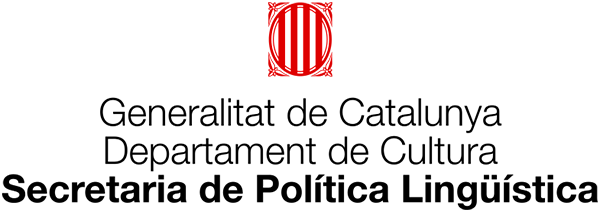The social responsibility of the journalist's job (I)
I have dedicated all my life to my favorite job. I'm not sure if I would call it a vocation. Anyway, I do have done it with full dedication, as it is required in the complex world of communication. Since I was 14 years old until today, I have had the privilege of working and making a living in the radio and in the television as a journalist and, for many years, simultaneously, directing and presenting the news and programs linked to topicality. In spite of the fact that I'm still fully active as a journalist (actually, I think that one never stops being it as it comes from inside), I have opened my professional expectations towards other aspects of the communication, in a much more wide sense.
Nowadays I develop my own projects of communication. And I do it through my own company, with a very competent staff. Now my bosses are my clients. And our projects are not only directed to mass media, as I try to bring my experience to other fields of communication, such as the consultancy or the formation in communication to acquire skills, besides the production of graphical, audio-visual and digital contents.
I would like very much, in the beginning of this 2016, to think out loud about the journalist's job, a necessary exercise that we practise very little and that I think should be a part of our agenda more often. Furthermore, in a time like the one we're living, with scenes which seem to change each time faster.
I would like to emphasize, from a beginning, precisely this: that we live in a moment of change. That we look behind and nothing of what we saw yesterday looks like what we are today. A large part of citizens still has visual memory of things and customs that had not changed since the Romans' times: the wheat crop, the transport with cavalries, the coal manufacture in the forest... For a large part of citizens the last sixty years - the second half of the XX century- have been the moment in which his lineage has had, for the first time, access to a car, to a house in property, to a vote, to the university, to the divorce, etc... The importance of these times of change takes root in the fact that somehow any throwback legitimizes to look forward to the future.
But the future is not an indisputable value by itself. In a few decades, we have gone from the unconditional fascination towards the future (tomorrow everything will be better) to a certain distrust (the fear of the tomorrow). They have contributed in it, decisively, the acceleration of the life and the massive and instantaneous spreading of the events. What does the tomorrow hold? I'm pleased to advance that precisely this action of projecting future scenes from the current reality and knowledge is the principal axis of a new television program produced by UNDATIA for Televisió de Catalunya, which I hope to be released during 2016 and which has kept us busy for a long time.
I will talk about it hereinafter in this blog, discussing other aspects of our responsibility as journalists towards society.






















